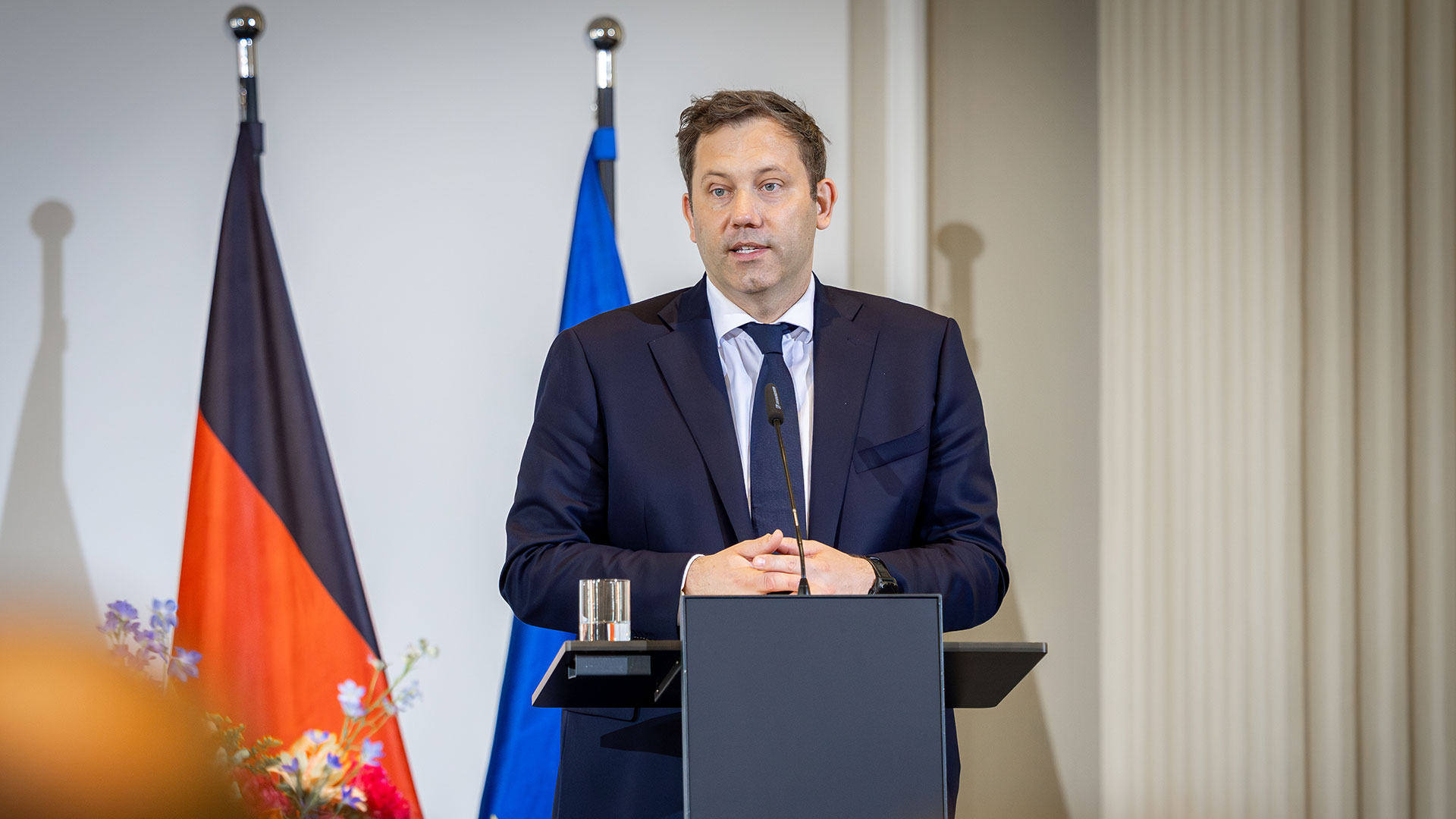German finance ministry aims for quick 2025 budget adoption, seeks cuts
Germany's new finance minister, Lars Klingbeil, aims to present the first draft of the 2025 federal budget in June, business daily Handelsblatt reported. In a paper on the preparation of the budgets for 2025 and 2026, finance ministry state secretary Steffen Meyer called on the relevant ministries to only increase expenditures on projects if equivalent savings can be made elsewhere within their respective individual budgets, Süddeutsche Zeitung reported.
"This also needs to happen against the background of European fiscal rules," Meyer said. Germany would have to abide by the criteria that limit national governments’ annual and total debt "to safeguard the national debt’s viability."
The country was left with only a provisional budget for this year as a result of the previous coalition government’s break-up. An official budget was initially planned for adoption towards the end of 2024. However, the coalition ultimately collapsed because parties could not agree on how to close remaining funding gaps. Under a provisional budget, no new commitments could be made and existing programmes not get expanded.
The draft 2025 budget under the new government of the conservative CDU/CSU alliance and the Social Democratic Party (SPD) is set to be adopted in cabinet on 25 June and discussed in parliament in early July, Handelsblatt reported. Spending plans could then be approved in parliament in mid-September, after the summer break. Germany must also decide a budget for next year. The cabinet plans to adopt a 2026 draft on 30 July and parliamentary approval is set to follow by November.
Special fund brings some financial leeway
The new government bought itself greater financial leeway by pushing a reform to the country's self-imposed limit on government borrowing through parliament even before taking office. This allows it to set up a debt-financed special fund worth 500 billion euros for "additional" investments in infrastructure and climate neutrality over the next 12 years. However, it remains to be seen how these additional investments will be implemented in concrete terms, Handelsblatt wrote. Auditors would examine whether the government is instead just cutting spending elsewhere to ease the burden on the budget.
According to the finance ministry's budget paper, money from the special infrastructure fund should primarily flow to investments in railway modernisation projects, measures to increase energy security and reduce energy prices, and promote new housing construction, according to Süddeutsche Zeitung. Ten billion euros per year are earmarked for the Climate and Transformation Fund (KTF), a special pot for transition projects, it added.

